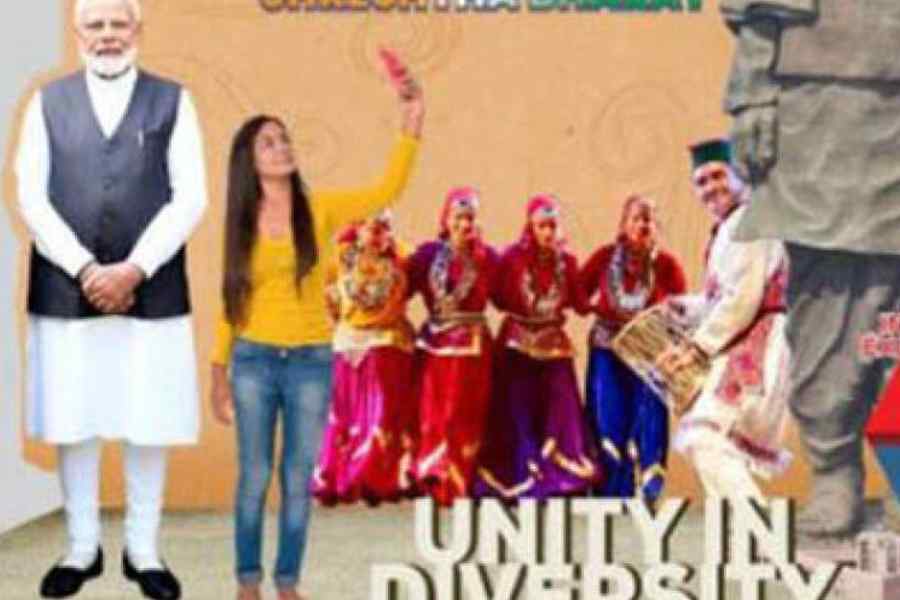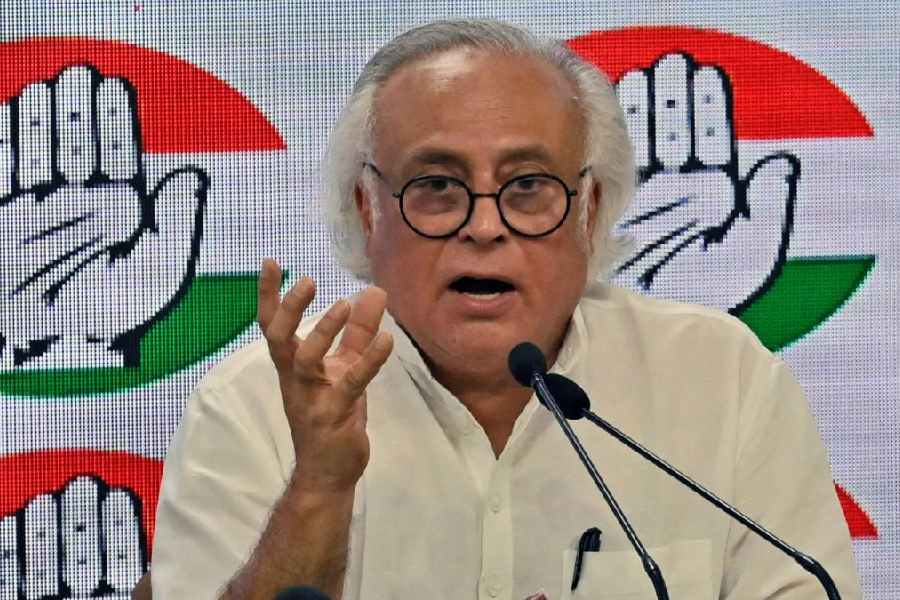The University Grants Commission, which had asked universities and colleges to set up selfie points highlighting India’s achievements, has withdrawn the recommended designs that carried pictures of Prime Minister Narendra Modi.
The move comes after the directive stoked controversy, with critics saying it amounted to getting educational institutions to campaign for the Modi government in an election year.
However, the directive to set up the selfie points remains in place.
A UGC official said the suggested designs were withdrawn on Saturday but did not specify the reason. He said that modified designs might be issued. It’s unclear whether, if fresh designs are issued, they would feature Modi’s pictures.
The nudge to set up the selfie points came in a letter the higher education regulator sent to all universities and colleges in the country on Friday. The letter, uploaded on the UGC website, spoke of “approved designs” for the selfie points.
Each design was dedicated to a theme such as the internationalisation of education, unity in diversity, Smart India Hackathon, Indian knowledge systems, multilingualism, and India’s rise in higher education, research and innovation. Each design carried a large image of the Prime Minister with certain representative pictures on the theme.
The letter carried a link to Google Drive where the suggested designs were available. The link has refused to open since Saturday afternoon. Clicking on the link now shows the line: “The folder is empty.”
A former UGC secretary said that neither the regulator nor any educational institution had ever before been involved in promoting government agenda.
“Unfortunately, the present UGC under the chairmanship of Jagadesh Kumar is openly doing publicity for the government,” the former UGC secretary said. “This is not the job of the UGC. All government institutions and autonomous bodies are expected to be impartial. (But the) UGC is gradually becoming a wing of the ruling party.”
In the past, decision-making in the UGC used to be participative, with the views of all members and officials given due consideration, the former bureaucrat said.
“Now, it’s one-way communication, and nobody else is allowed to speak,” he said.
So many circulars are being sent to universities, with directives on almost every subject, that “there is no space for creativity by any institution”, he added.
Maya John, a member of the academic council of Delhi University, said the UGC’s letter on selfie points represented an overreach. “We as a university community are supposed to critically engage with, not valorise, the regime. We see the UGC’s letter as a breach in terms of its power,” she said. “It is unnecessary political interference. Universities are an autonomous open space; they are required to be kept autonomous.”
A faculty member from a college in Nashik, Maharashtra, said the UGC’s withdrawal of the designs appeared to be an outcome of the criticism received from teachers and students.
An email has been sent to the UGC chairman seeking comments on the charge that the regulator has been stepping beyond its brief and engaging in publicity for the Prime Minister. A response is awaited.












